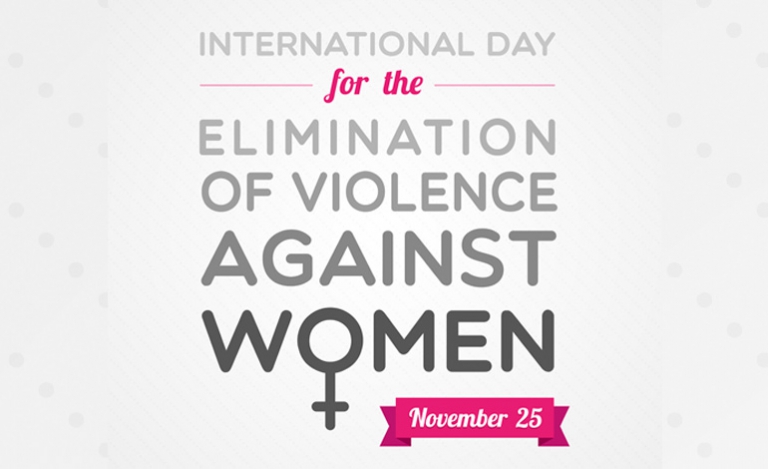Today, 25th November, is International Day for the Elimination of Violence Against Women, and the first day of the 16 Days of Activism to Eliminate Violence Against Women. Over the next 16 days, we have decided to focus on how everyone can be an ally to women, and how you can play your part in making violence against women a thing of the past.
Keep an eye on our Twitter and Facebook accounts over the next 16 days, but for now here’s number one of 16 ways to take action:
-
Learn about victim-blaming myths, and challenge your thinking on them
Our society is awash with myths about domestic and sexual violence, and most of those myths try to put the blame on victims for their own abuse. You may have heard some of them, you may even have thought some of them. Getting educated about these myths, and joining the fight to challenge them when you hear them, is a vital first step that anyone can take to help end violence against women.
Common myths include:
- “She was drinking / wearing a short skirt / out alone at night so she had it coming” – A person is NEVER to blame for being raped or attacked. It doesn’t matter what they wear, if they have not consented to sexual activity then that is sexual assault.
- “She didn’t leave him, so she only has herself to blame” – There are myriad reasons why victims don’t leave an abusive relationship. Usually, relationships starts out with flowers and romance, and it is not until much further down the line, when the victim has been isolated from friends and family and psychologically ground down, that they realise they are being abused. And when we consider that 2 women per week are killed by a male partner or ex-partner in the UK, and that the most dangerous time for a woman is when she tries to leave, it is not surprising that many women don’t leave the relationship out of fear for their lives.
- “There’s no domestic abuse in my community, we live in a nice area!” – domestic abuse knows no boundaries, and as it is perpetrated behind closed doors it is often hidden. This can especially be the case in more affluent communities, where victims fear that their abuser’s wealth, power or reputation might mean that no one would believe they are an abuser. Women’s Aid has supported women whose partner and/or themselves are doctors, barristers, community leaders, police, business owners. There is NO typical victim.
- “Sure he did it because of the alcohol” – Alcohol does NOT cause domestic abuse. domestic abuse is a pattern of behaviour that happens all year round, not just when perpetrators are inebriated. What can be the case is that consumption of alcohol disinhibits abusers and can result in more extreme physical attacks. But the only cause of abuse is the abusers themselves.
If you have been affected by domestic or sexual violence, you can get support from our 24 Hour Domestic & Sexual Violence Helpline on 0808 802 1414, or from a local Women’s Aid group. Find a group in your area here.
